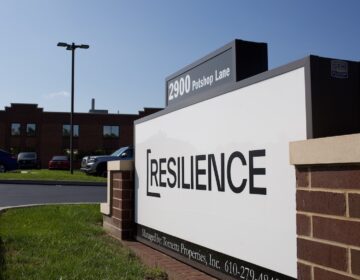Judging a book by its cost: Rutgers offers faculty members $1,000 to assign cheaper texts

Rutgers University estimates that the grant program will save students $500
Rutgers University has what it’s calling a novel way to address the soaring cost of printed textbooks — paying professors to stop assigning them.
The Open and Affordable Textbook Project is offering $1,000 grants to 12 faculty members who switch from traditional textbooks to less costly or free digital alternatives.
It is part of the New Jersey state university’s push to reduce the financial burden on students and encourage faculty members to use more free online teaching tools or “open educational resources.”
“I sit at the reference desk. I see everyday students coming in and asking, ‘Do you have this textbook?'” said undergraduate experience librarian Lily Todorinova.
“They’re very disappointed when we don’t have the textbook, because it is so expensive,” she said. “And … we can’t afford to buy each new edition every time it comes out.”
According to data from the National Association of College Stores, the average student nationally spent $602 on course materials last school year.
The Office of Information Technology at Rutgers is funding the grants, which the university estimates could save students as much as $500,000 in the first year.
The university is not restricting how faculty members can spend the grant money.
At least one Rutgers course has already made the switch, according to the university. Students taking Aggregate Economics had been assigned a print textbook with a list price of $89.99. But now they can buy a paperback version for $24.99 or download the PDF for free.
It is an industrywide change that is supported and even promoted by the publishing companies themselves, according to Association of American Publishers executive director David Anderson.
“We’re developing a whole new generation of e-textbooks, which are fully interactive,” he said. “Often times they come with other applications that provide homework solutions and quizzes and other study aids that help students stay in school and help them graduate.”
According to the university, 80 percent of Rutgers students receive financial aid to pay for tuition or room and board.
WHYY is your source for fact-based, in-depth journalism and information. As a nonprofit organization, we rely on financial support from readers like you. Please give today.




